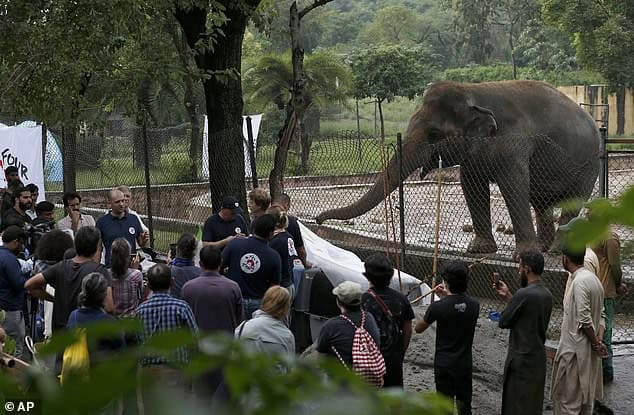An elephant named Kaavan, who has spent the last 35 years in a small enclosure at a Pakistani zoo, is set to be relocated to Cambodia, where he will finally have the chance to live out his remaining years with other elephants.
Nicknamed the “world’s loneliest elephant,” Kaavan endured decades of confinement in Islamabad Zoo, where he shared his cramped space with his companion, Saheli until she passed away in 2012. After her death, Kaavan was left completely alone.
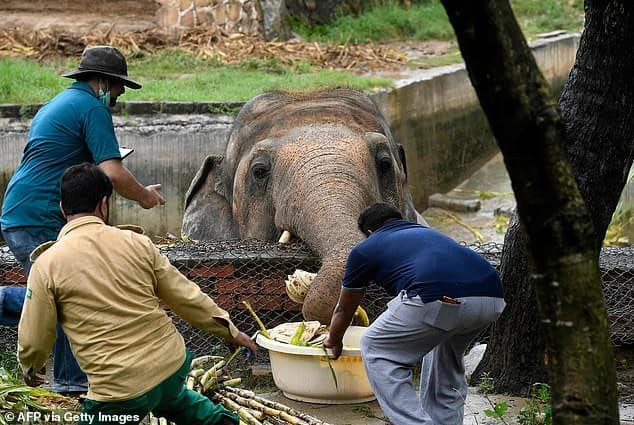
Following Saheli’s death, Kaavan’s behavior grew increasingly aggressive, prompting zookeepers to chain him in place.
His constant restraint and isolation raised concerns among animal welfare groups and prompted global campaigns for his relocation.
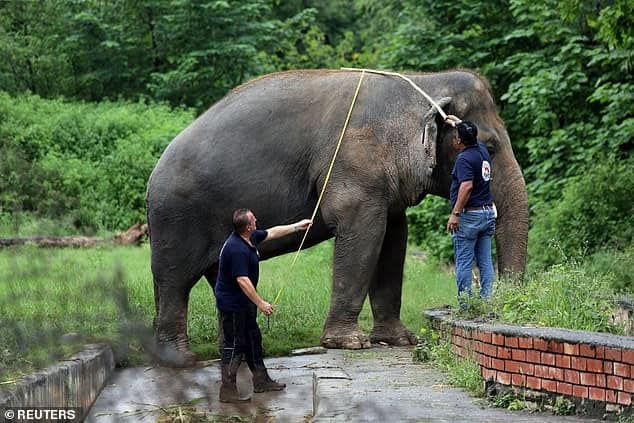
Even celebrities like U.S. singer Cher joined the call for Kaavan to be moved to a more suitable environment.
Animal welfare charity Four Paws recently announced that Kaavan will be transferred to the Cambodia Wildlife Sanctuary, where he can interact with other elephants and receive proper care.
A recent inspection by Four Paws revealed that Kaavan’s prolonged isolation and lack of care had caused numerous health problems.
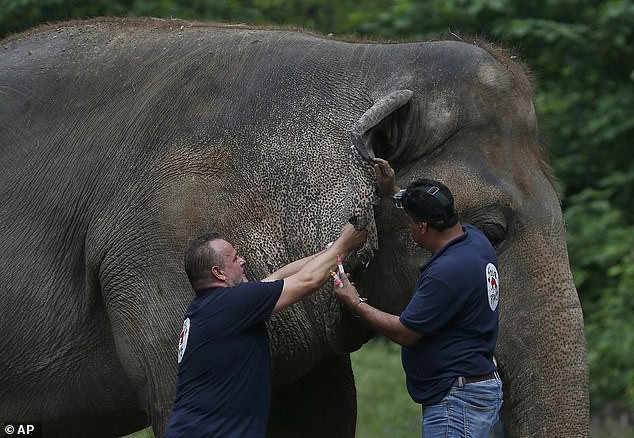
Dr. Amir Khalil, a veterinarian with Four Paws, described Kaavan’s condition: “His toenails are in poor shape due to the lack of exercise and appropriate foot care. His mental health has also deteriorated, leading to stereotypical behaviors and aggression toward humans.”
Kaavan was confined to a 295 by 460-foot pen with minimal shade, and he was frequently seen bobbing his head—behavior linked to mental distress.
Safwan Shahab Ahmad, vice chairman of the Pakistan Wildlife Foundation, referred to this as a sign of “mental illness.”
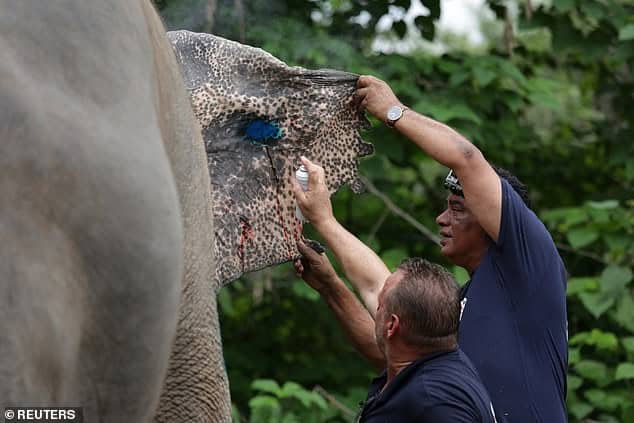
Kaavan’s keeper, Mohammad Jalal, confirmed that he rarely saw the elephant exhibit any signs of happiness.
In May, Pakistan’s High Court ordered the closure of Islamabad’s Marghazar Zoo due to its poor conditions.
By July, the court-mandated Kaavan’s transfer to the Cambodian sanctuary, where he will undergo rehabilitation to adjust to life with other elephants and humans.
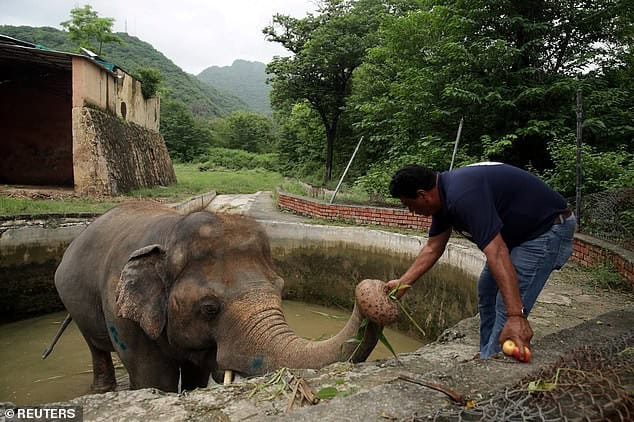
Before the move, Kaavan must be trained to enter the transport container on his own. A team of skilled handlers and veterinarians will accompany him throughout the journey to ensure his safety and comfort.
Dr. Khalil expressed optimism about Kaavan’s future: “He will have the opportunity to form social bonds with other elephants and live in a large area that mirrors his natural habitat. This interaction will help him gain confidence and establish his place within a new group.”
Dr. Khalil also highlighted the importance of social connections for elephants, emphasizing that their separation from family groups can severely affect their mental well-being.
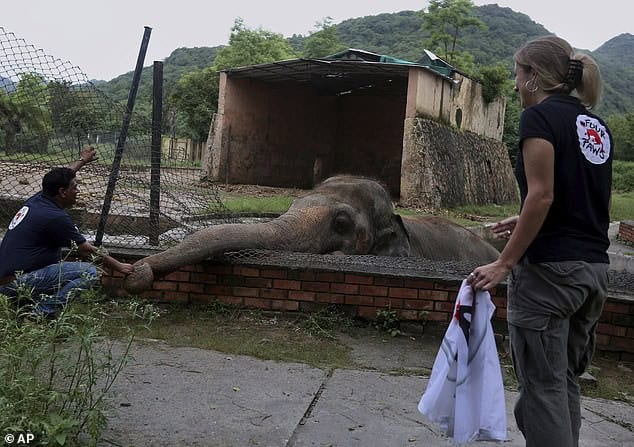
Kaavan’s upcoming journey marks the end of decades of isolation and neglect, offering him a second chance at a fulfilling life among his peers.
